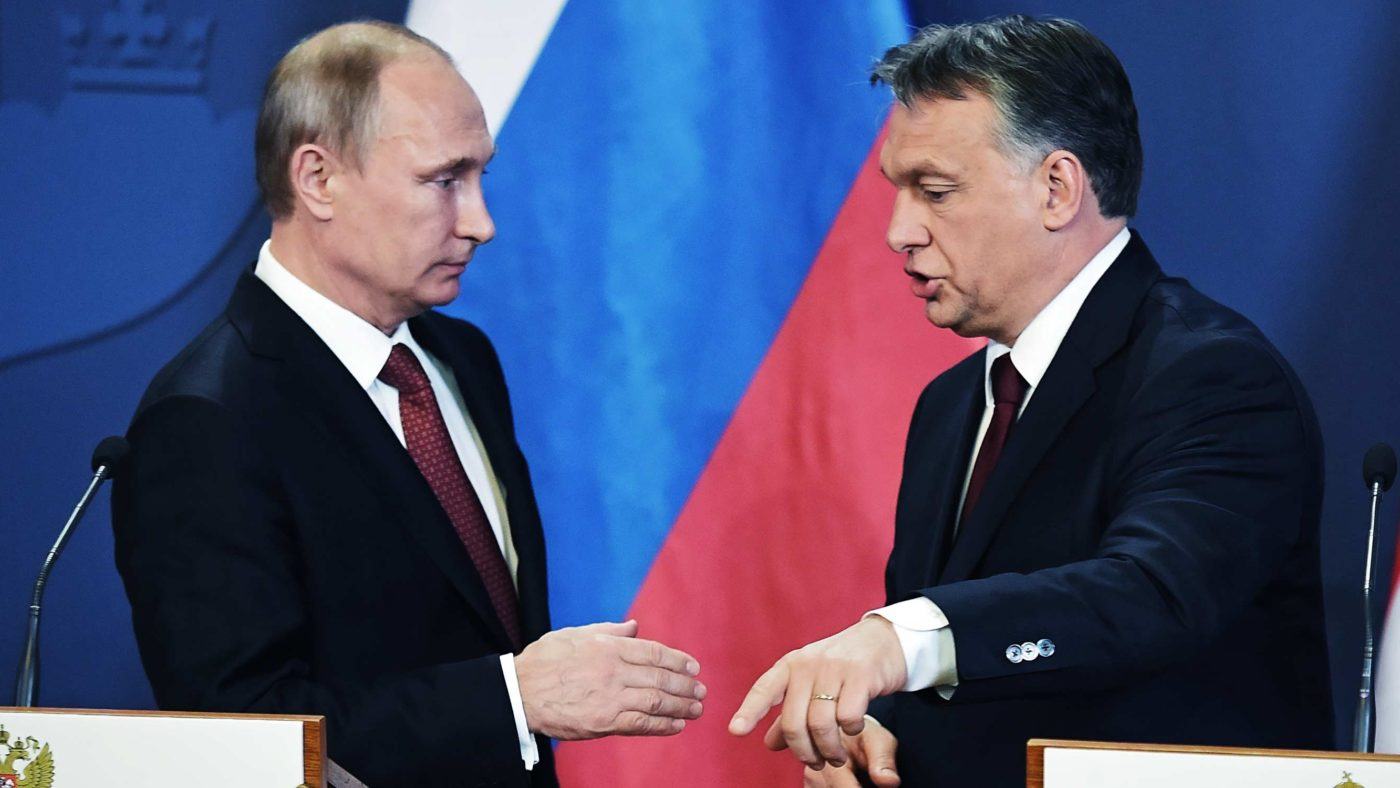Brexit has shaken Europe. While the European Union is still recovering from this blow, yet another referendum threatens its integrity. This time, it has nothing to do with free markets or people wanting more autonomy from an increasingly powerful EU. Rather, it is a project of Prime Minister Viktor Orbán to build a Putinesque, illiberal Hungary.
As a populist measure, the Hungarian government will hold a referendum on October 2nd asking:
“Do you want the European Union to mandate, without the consent of the National Assembly, the obligatory settling of non-Hungarian nationals into Hungary?”
In Hungary, referenda can only be held on issues which fall under the jurisdiction of the parliament. As the question of migrant quotas falls under EU law, which supersedes national law, the outcome cannot have any legal effect. The courts, however, gave the question the green light after being challenged. Thus, if the referendum goes through, the government can claim that the people do not want the EU to override decisions made on a national level, and thus Hungary should leave the EU.
Using taxpayers’ money, the Hungarian government is spreading lies about immigrants; for instance, it has claimed that there are already “no-go zones” in major European cities where authorities dare not go because there is a high concentration of immigrants. The fact that this is not true does not phase Orbán. For him, the referendum serves as a survey to measure whether Hungarians like the EU more than they hate immigrants. Thus, it’s irrelevant that the referendum can have no legal consequences.
Despite the xenophobic propaganda, the government is planning to bring in tens of thousands of non-EU citizens on work visas to compensate for hundreds of thousands of Hungarians who have emigrated.
The referendum, however, is not about settling in the mandated 1,300 refugees. It is an anti-EU vote, pure and simple. Orbán’s plan is to become the reformer of the EU or, if he doesn’t succeed, to the leave the EU. In either scenario, he doesn’t want to give more liberty to the people. He only wants to extend his own power.
Orbán declared his intentions of building a Putinesque illiberal state in 2014, but he has been working hard to realize his vision since 2010 when he gained power with a landslide. Since then, the government party has centralized power, nationalized private assets, weakened the system of checks and balances, tailored laws to their own benefit, and let corruption run loose in the already quite corrupt country.
The EU, however, is an obstacle on the road to more power, albeit a useful one. Hungary is one of the largest recipients of EU funds, but only until 2020. After that, for Viktor Orbán, Russia would be a much better ally. While the majority of Hungarians prefer remaining in the EU and dislike Putin, they are scared of the huge influx of immigrants that the country has experienced recently.
Orbán’s referendum is the marvel of populist politics. The question is framed in such a way that the governing party is sure to win. A “No” victory would justify the government’s xenophobic policies and would give Orbán a mandate to secede from the EU or to force Brussels to give him more space to build his illiberal state.
As there is no chance that the “Yes” vote can win, given the wording of the question, some opposition parties are pushing for a boycott to invalidate the referendum. However, the outcome will have no legal effects. The victory of the “No” vote will have the same justificatory power whatever the turnout rate is.
The only sensible solution is to encourage people to go to the referendum and cast an invalid ballot. This would be a powerful message that people care enough to turn up, but believe the question itself is a false choice.
The referendum will decide whether Hungary choses Western values or finally gives in to Russia to build an illiberal and corrupt state. It is up to the voters to decide, and they shouldn’t forget that there is a third choice besides “Yes” and “No”: invalidating the ballot. There is enough space on that paper to write a message of their own in support of liberty.


